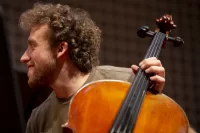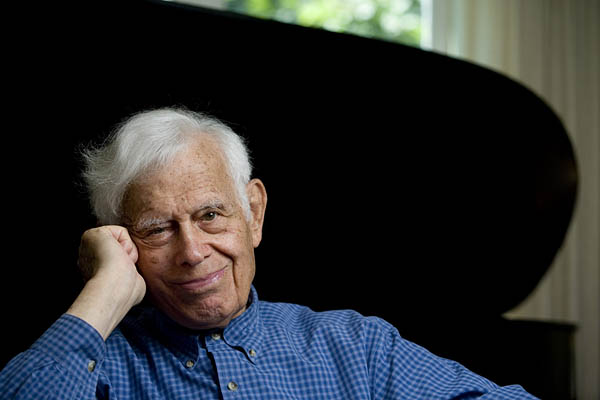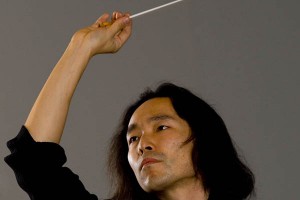
Upcoming concerts feature renowned pianist Glazer, Bates orchestra
With composers Franz Schubert and Joseph Haydn in common, back-to-back concerts at Bates College’s Olin Arts Center Concert Hall feature renowned pianist Frank Glazer and the Bates College Orchestra.
Artist-in-residence Glazer performs music by Beethoven, Haydn and Schubert at 7:30 p.m. Friday, Nov. 7. Admission is $15, available at batestickets.com. Free tickets for a limited number of students and seniors 65-plus become available Nov. 5 at bit.ly/oacbates.
Associate Professor of Music Hiroya Miura directs the Bates College Orchestra in a program of Verdi, Haydn and Schubert at 7:30 p.m. Saturday, Nov. 8. Admission is free, but tickets are required, available at bit.ly/oacbates.
Note: Some published listings carry an incorrect time for the orchestra concert. 7:30 p.m. is correct.
The Olin Arts Center Concert Hall is located at 75 Russell St. For more information, please contact 207-786-6135 or olinarts@bates.edu.
Glazer’s program comprises Beethoven’s Six Bagatelles, Op. 126; Haydn’s Sonata in G major, Hob. XVI/27; and Schubert’s Sonata in D major, Op. 53, D. 850 (“Gasteiner”).
Glazer, born in 1915, continues to thrive in a performing career that began in 1928. In celebration of his 100th birthday, the college plans a celebration and recital for Glazer on Feb. 7 of next year.
An artist in residence at Bates since 1980, Glazer taught previously at the Eastman School of Music and has performed throughout the world with leading orchestras, including the New York Philharmonic and the Boston Symphony Orchestra.
The orchestra’s program consists of: Verdi’s “La Forza del Destino” Overture; Haydn’s Symphony No. 104 in D major; and Schubert’s Symphony No. 8 in B minor (“Unfinished”).
“Verdi’s overture, like many opera overtures, gives us a plate full of amuses-bouches from his opera with juicy tunes and dramatic sections,” says Miura. “In a similar vein, I always thought both Haydn and Schubert are incredible storytellers.
“Haydn’s music swings back and forth between humor and intense drama, while Schubert’s lyrical melodies take us to unexpected places with his harmonic twists and turns.”






